At the end of April, interest rates were reduced by 0.5-0.65% per year. The State Bank continued to direct banks to reduce interest rates and expand credit from now until the end of the year, according to the Deputy Governor.
The above information was stated by Deputy Governor of the State Bank Dao Minh Tu at the regular Government press conference on the afternoon of May 5. He said that recently, commercial banks have proactively reduced interest rates (mobilization, lending) after much urging from management agencies.
"In the coming time, the State Bank will continue to direct banks to reduce interest rates, create conditions for businesses to access capital and expand credit from now until the end of the year," he said.
The move took place in the context that the interest rate for mobilizing VND from banks since the end of March has been high at around 8-9% per year. With this input level, the lending interest rate of banks is commonly 10-12% per year, with some banks raising it to 13-14%. High interest rates create a burden for people and businesses in the context of a difficult market, declining orders, and weak purchasing power.
To create room for credit institutions to lower interest rates, the State Bank has twice reduced operating interest rates by 0.3-1% per year in March and April. Thanks to that, the market interest rate level has gradually stabilized.
"At a recent meeting, we reminded banks that lend at high interest rates to lower them to create a common level of unity in the system. Banks have also proactively reduced interest rates recently," Mr. Tu shared.
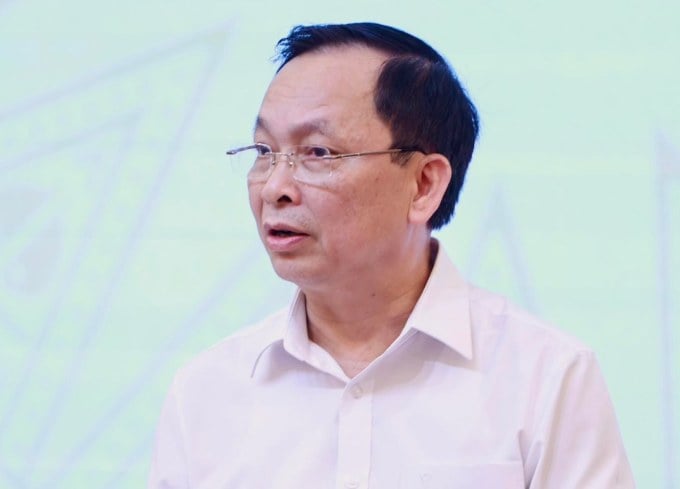
Mr. Dao Minh Tu, Deputy Governor of the State Bank, spoke at the regular Government press conference in April, on the afternoon of May 5. Photo: Khanh Nguyen
According to the State Bank, the current mobilization interest rate has decreased by an average of 1-1.2%; the lending rate has decreased by 0.5-0.65% compared to the end of last year. The State-owned commercial banking sector has a better reduction, from 1-1.5% per year for mobilization interest rates and 1.5-2% per year for lending rates.
Meanwhile, according to a report by the Ministry of Planning and Investment, the average lending interest rate has decreased to about 9.56% per year, 0.41% lower than at the end of 2022.
On April 25, Prime Minister Pham Minh Chinh chaired a meeting with state-owned commercial banks on solutions to reduce lending and corporate bond interest rates and remove difficulties for real estate projects. He also asked the banking sector to "use many measures to reduce deposit and lending interest rates", on the basis of ensuring inflation-exchange rate balance to encourage people to deposit money. Banks' lowering of input and output interest rates will also increase people and businesses' ability to access and absorb capital.
Regarding the global minimum tax , at a press conference this afternoon, Mr. Nguyen Duc Chi, Deputy Minister of Finance, said that consulting organizations and foreign-invested enterprises (FDI) all recommended that Vietnam proactively gain the right to levy this tax.
The global minimum tax is an agreement reached by G7 countries in June 2021 to combat tax avoidance by multinational corporations, expected to be applied in 2024. The minimum tax rate applied is 15% for multinational enterprises with a total consolidated revenue of 750 million euros (about 800 million USD) or more in 2 of the 4 most consecutive years.
According to statistics from the Ministry of Finance , more than 1,000 foreign-invested enterprises - FDI in Vietnam have parent companies subject to the tax. Of these, more than 70 enterprises are likely to be affected by this tax when it is applied in 2024. Names such as Samsung, Intel, LG, Bosch, Sharp, Panasonic, Foxconn, Pegatron with registered investment capital accounting for nearly 30% of total FDI capital in Vietnam (about 131.3 billion USD) are projects that are likely to be affected by the global minimum tax.
Deputy Minister Nguyen Duc Chi said that there are many direct and indirect financial support solutions that have been researched by the Ministry of Finance and the Ministry of Planning and Investment and consulted with competent authorities, such as increasing investment in infrastructure construction in industrial parks; supporting human resource training; supporting research and development.
"Upcoming response solutions and preferential support policies will ensure Vietnam's finances and business environment, retain and attract large, high-tech investors, and be consistent with international commitments when Vietnam applies global minimum taxes," Mr. Chi shared.
In its report on FDI attraction in Vietnam in the first four months of the year, the Ministry of Planning and Investment also warned of signs that large corporations are being cautious and considering investing heavily in Vietnam in the context of the impact of the global minimum tax policy. Projects with an investment capital of less than 1 million USD account for nearly 70% of new projects, but the investment capital only accounts for nearly 2.2% of the total newly registered capital in the four months.
Prime Minister Pham Minh Chinh pledged on April 22 that the Government will soon come up with other solutions to attract and support, in addition to taxes, to encourage existing investors and new projects if the above tax is applied.
Source link








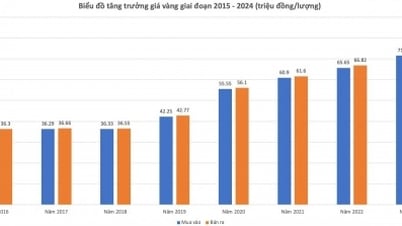



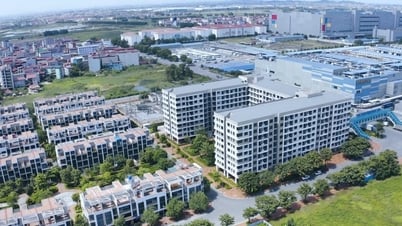
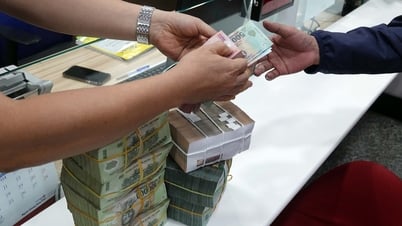












![[Photo] Nearly 104,000 candidates in Hanoi complete procedures to take the 10th grade entrance exam](https://vphoto.vietnam.vn/thumb/1200x675/vietnam/resource/IMAGE/2025/6/7/7dbf58fd77224eb583ea5c819ebf5a4e)
































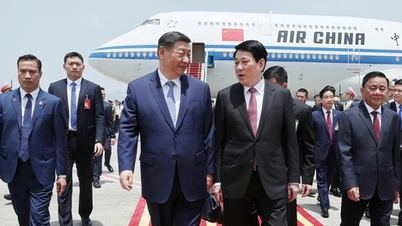
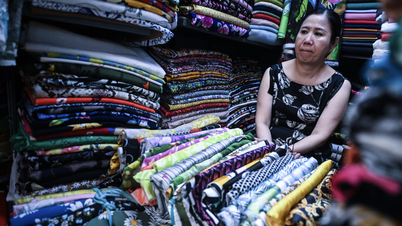


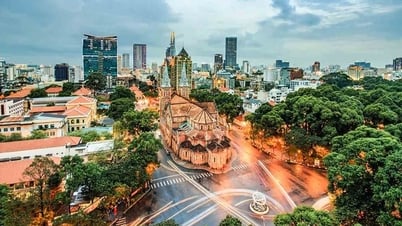













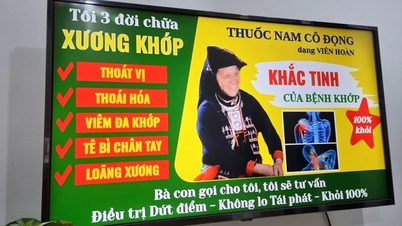



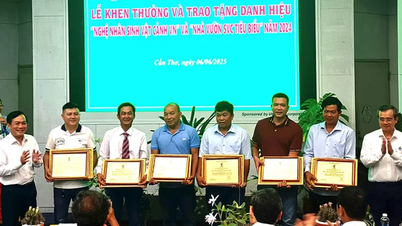








![[OCOP REVIEW] Tu Duyen Syrup - The essence of herbs from the mountains and forests of Nhu Thanh](https://vphoto.vietnam.vn/thumb/402x226/vietnam/resource/IMAGE/2025/6/5/58ca32fce4ec44039e444fbfae7e75ec)




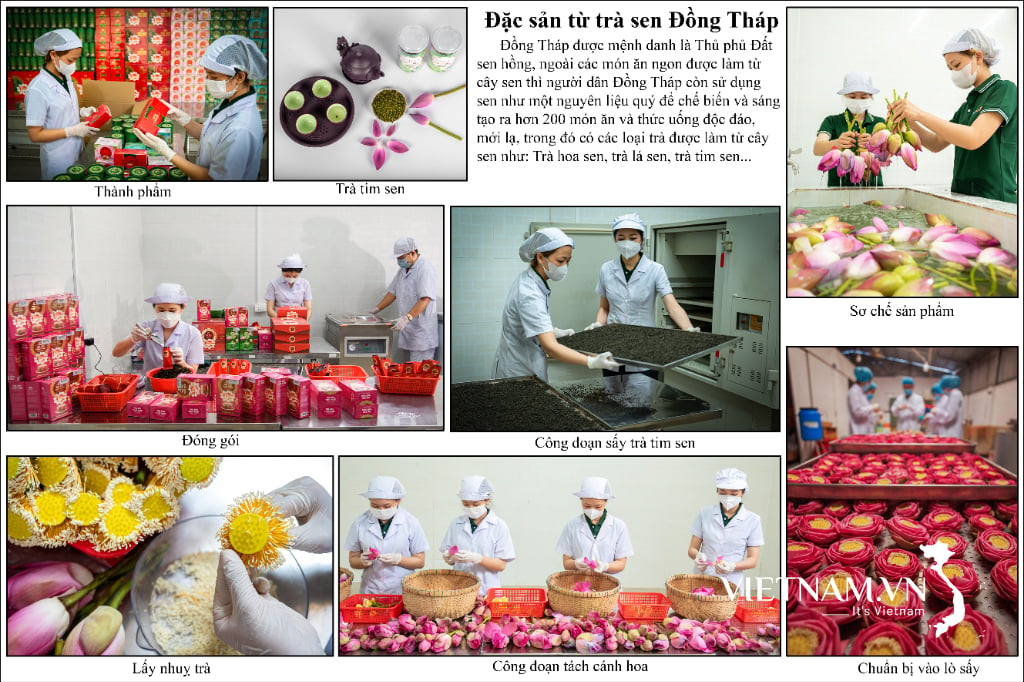
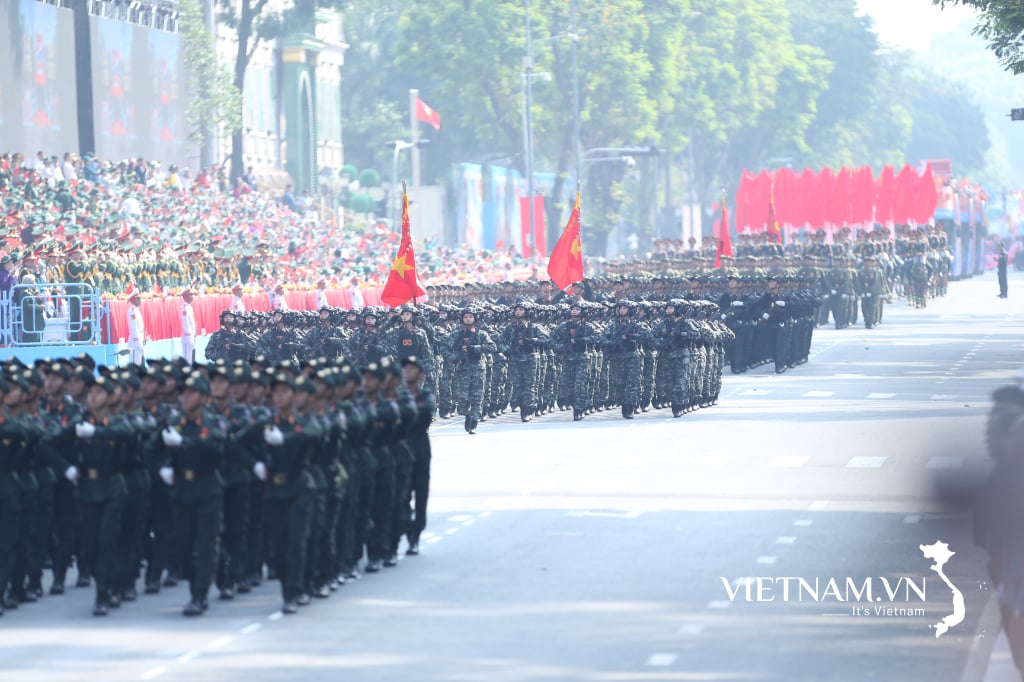

Comment (0)